Sessions / Zoom 17

Online ESL Tutors’ Teaching Strategies #783
Online ESL teaching in the Philippines is a rising industry that requires a thorough understanding of the process in teaching and the strategies of tutors.


Student Perceptions of Remote Language Learning #790
This presentation details a study which examined the views of Japanese EFL students (N>200) towards remote foreign language learning. The study utilized a pre-post survey design to compare Japanese university students’ initial perceptions towards remote foreign language learning and perceptions after a semester of online study. In addition to data from reflective reports, attitudes towards remote language learning and their pedagogical implications will be presented.

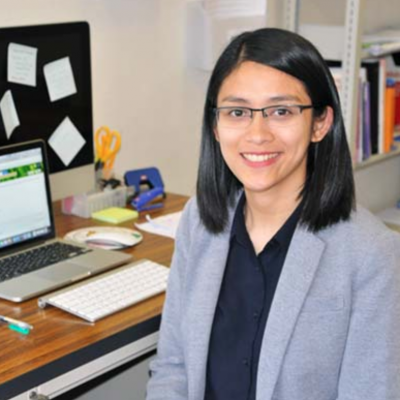
What Makes Students Willing to Communicate in Zoom #795
The presentation reports on a survey and follow-up interviews investigating over 60 second-year college students’ experience of “Zoom” online classes, focusing on willingness to communicate (McIntyre et al, 1998). Students responded to questions on specific aspects hypothesized to affect willingness to communicate (WTC), such as group size, interlocutor factors, and confidence with technology. McCroskey’s (1992) WTC survey was used as a base for comparison. Strategies for mitigating reluctance to communicate will also be considered.

The Rush Towards Online Instruction: Urgent Issues #798
The sudden shift to online instruction has caused exhaustion and stress for university teachers in Japan. Digital education technology, which has largely remained a back-up plan for many educators around the world, especially in Japan, has become an imperative reality. The author hopes to bridge the gap between urgent realities and theory.

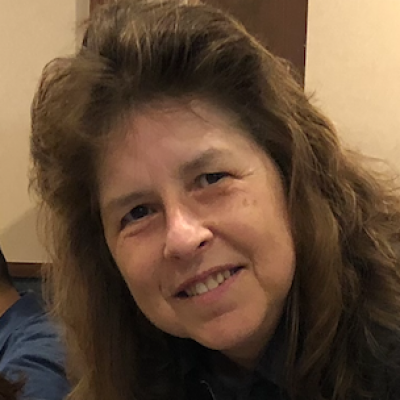

How Remote Learning Impacts Medium of Instruction #785
Medium of instruction (MOI) is a controversial topic in ELT research and practice, with instructors holding different principles concerning the use of English and students’ languages. What happens to these principles, however, when courses shift to remote learning? This study describes a survey at three Japanese universities to assess how remote learning impacted teachers’ MOI. Findings suggest that some teachers compromise their MOI principles during frustrating circumstances, leading to stress and uncertainty.

Training Preservice Language Teachers Online? #789
The present research was born on the arising need of training preservice English language teachers online subsequent to the COVID-19 outbreak. Teacher candidates at a state university took Teaching Practicum II online, and how they experience online language teaching and teacher training has been qualitatively explored through self-reflection reports, open-ended surveys, and semi-structured interviews. The results of this phenomenological study provide thought-provoking implications for and insights into the current practice of preservice language teacher training.
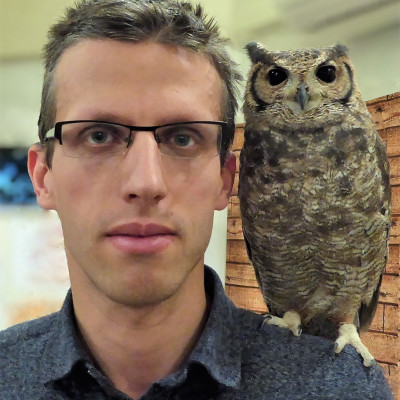
Emergency Remote FLT: Findings From a Global Study #803
We present the results from a global study (1,500+ participants, 102 countries) of teachers and learners coping with the transition to emergency remote instruction. Looking at circumstances, behaviours, attitudes and psychological traits, we identify a positive-valence giant component of beliefs, attitudes and behaviours associated with self-regulation/leadership-organisation potential, engagement/openness, positive orientation, and social skills/contacts, and a negative periphery concerning family relationships, future expectations, and remote instruction-related experiences and perspectives on students’ coping.

Remote Language Learning at HE Level: A Case Study #804
This talk presents the results of a research conducted with the purpose of understanding the challenges and perspectives of moving university level language courses fully online. We analyzed the level of participation of students who studied the same course divided in two groups: group A (2019 cohort who studied the course in the classroom) and group B (2020 cohort who studied the course by distance, due to Covid-19 related restrictions).


Fostering Engagement in the EAP Online Landscape #807
Student engagement in online tasks has been one of the most significant challenges during the shift to online learning. Strategizing within a socio-constructivist approach, we share experiences from a Hong Kong university English language centre. Using interview data, we will report EAP teachers' views on strategies and approaches for encouraging student engagement in the online teaching mode. Finally, we offer recommendations based on our evolving practice within this changing landscape of EAP provision.
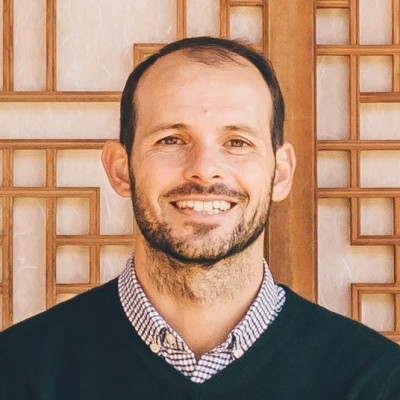
Social Richness in Online ELT #809
Classroom social dynamics are an essential part of the learning process. However, in the context of emergency remote teaching, the online classroom changes how social interactions occur, arguably removing embodied face-to-face socialisation from the learning experience. Such a situation may pose significant problems for students and learning overall. This presentation presents practical suggestions for building social richness in online ELT, which are intended to increase group interactivity and cohesiveness and support overall learning outcomes.


Fostering Intercultural Understandings #796
The aim of this study was to explore the possibility of fostering Japanese and Taiwanese university students’ intercultural understanding through synchronous online intercultural exchange. Students’ reflection reports showed that they gained deeper knowledge about each other’s culture and their stereotypes were reduced. In this presentation, inhibiting factors such as technological and scheduling issues and suggestions for more efficient online exchange will be also discussed.


Online English Teaching Self-Efficacy #802
This study aims to investigate university teachers’ self-efficacy toward teaching English as a foreign language online. The rapid transition from face-to-face to online teaching in 2020 has caused many teachers to start teaching online without proper training, preparation, and support. A survey was administered to 138 university English teachers in Japan to examine how they feel about teaching online. This study concludes with pedagogical implications for teachers making a more effective transition to online teaching.


Digital Identity of Japanese University Students #808
This presentation explores Japanese university students’ digital spaces and identity formation in the context of the sudden move to Emergency Remote Teaching and Learning (ERTL) implemented as a result of the COVID-19 pandemic. An online questionnaire was administered to first-year students at a national university in Japan, and the results show the importance of institutional and social support in the learning ecology of students, as learning is not only about the transmission of information.


Accuracy of ELL Speech Transcription by STT Apps #792
Speech-to-text (STT) apps can be utilized to evaluate English language learners’ (ELL) pronunciation. The presentation will report on research findings, in which five different STT apps were tested for transcription accuracy. The STT accuracy rate was compared against pronunciation rating conducted by human raters, ELL English proficiency levels, and study-abroad experience. The findings also provide examples of the most mispronounced words by Japanese ELL within the context of experiment materials.
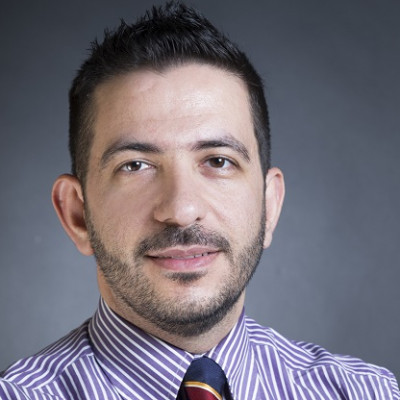
Upskilling and Reskilling During the Pandemic #553
During the pandemic a lot of changes have happened in the professional development of teaching professionals in tertiary education. All around the world, teaching professionals were asked to upskill or reskill in certain skills, that they did not necessarily need prior to the pandemic. This research will address which were the most essential skills that teaching professionals had to upskill or reskill in the Gulf region (KSA, UAE, Oman, Bahrain, and Kuwait).

COVID-19 as a Catalyst for Change in ICT and CALL #799
COVID-19 is shaking the foundation of education in Japan from K-12 to higher education. The crisis has shown cracks in a system known for conservatism and highlighted new innovative practices. Will CALL in Japan be affected by the systemic changes caused by the pandemic. This presentation will analyze changes in ICT policies and try to answer this simple question: will the pandemic change the way we think about educational technology use in the classroom?

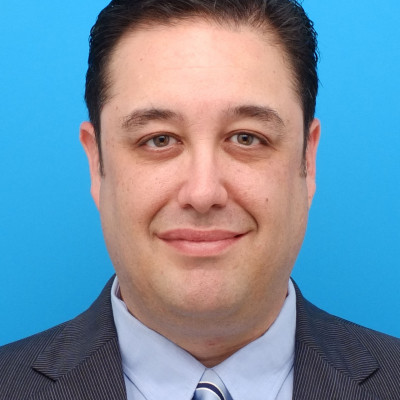
CALL in the Time of Corona #801
In this session, the researchers will present the results of a mixed-methods study regarding university faculty satisfaction with emergency remote online teaching and its effect on motivation and lifestyle. University faculty teaching English-language courses were recruited from several universities in Japan and asked to complete a quantitative survey as well as opt-in for a qualitative interview. The results of this research will be used to inform the implementation of online learning in future semesters.